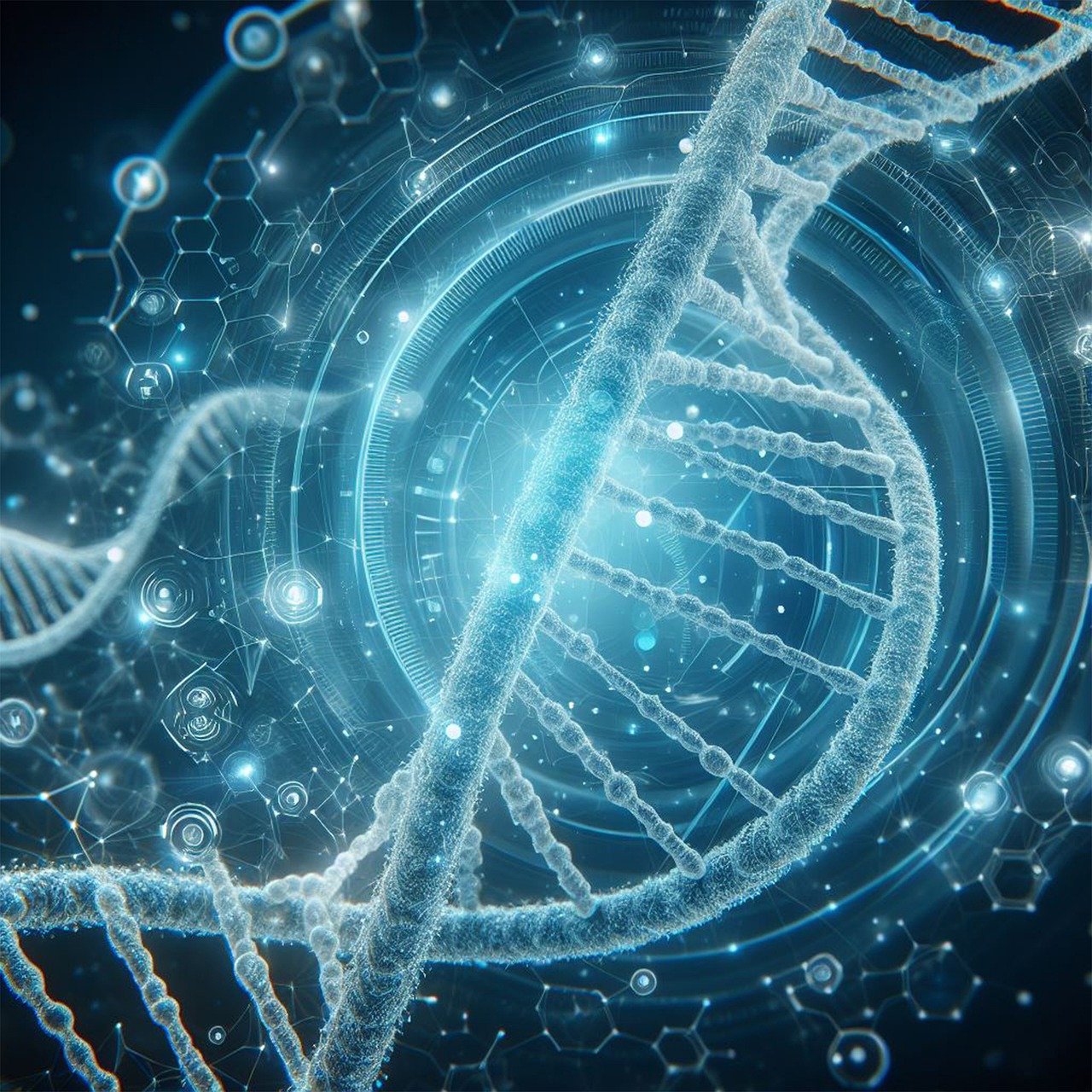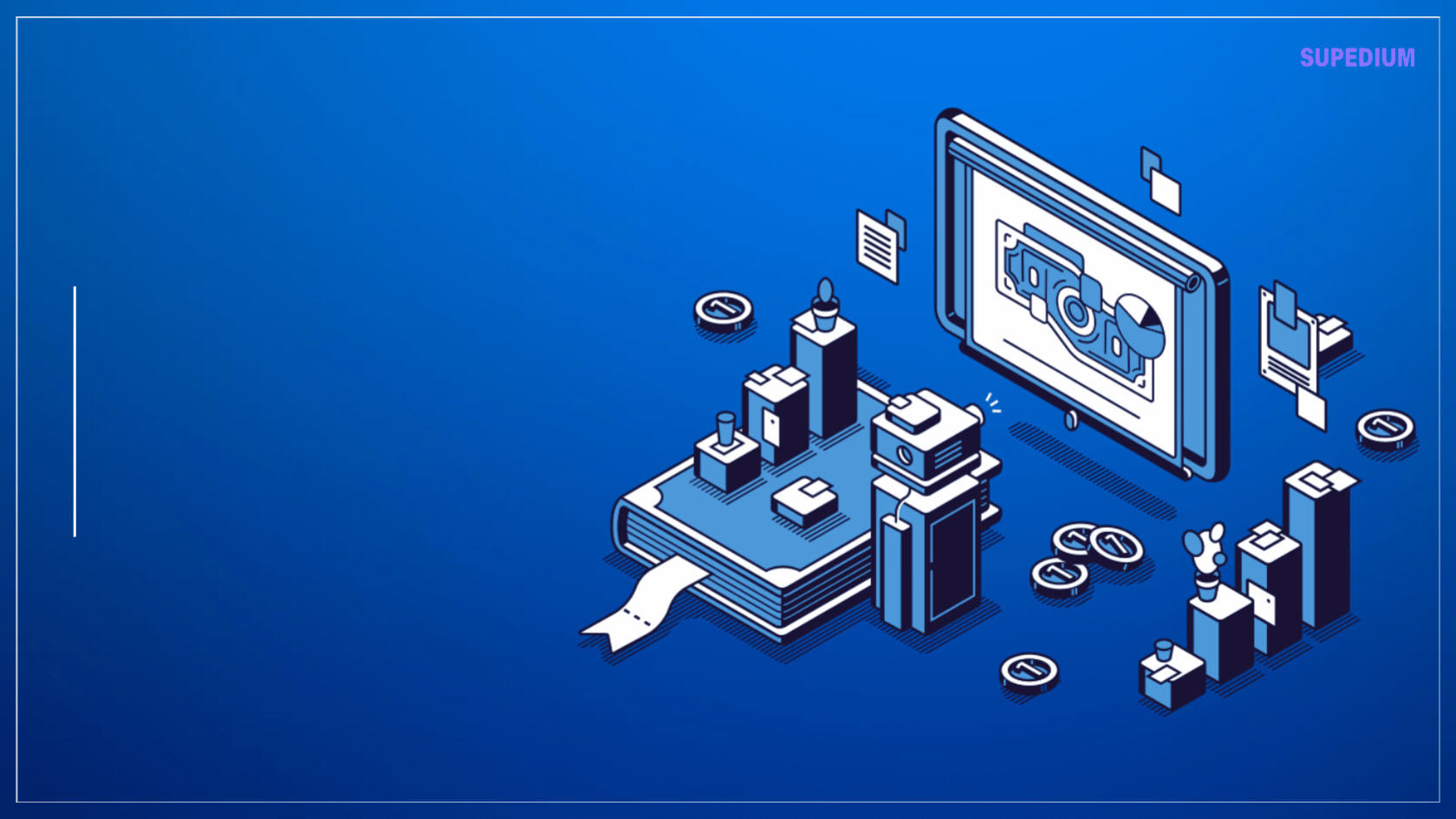Table of Contents
![]()
Childhood adversity encompasses a range of negative experiences that can significantly impact a child’s development and well-being. These adversities include abuse, neglect, family dysfunction, and economic hardship. Understanding the effects of these experiences is crucial, as they can shape individuals’ mental, biological, social, and economic outcomes throughout their lives.
Theoretical Framework
The Adverse Childhood Experiences (ACE) Study
The ACE study, conducted by the Centers for Disease Control and Prevention (CDC) and Kaiser Permanente, is a landmark research project that highlights the profound effects of childhood adversity. The study identifies ten categories of adverse experiences, including physical, emotional, and sexual abuse, as well as household dysfunction such as substance abuse, mental illness, and domestic violence. The findings from the ACE study demonstrate a strong correlation between the number of adverse experiences and an increased risk of various health and social issues later in life.
Developmental Psychopathology Perspective
From a developmental psychopathology perspective, childhood adversity can disrupt cognitive, emotional, and social development. Children exposed to adversity may experience difficulties in emotion regulation, attachment, and social interactions. Resilience and risk factors play a critical role in determining the long-term outcomes for these individuals. The presence of supportive relationships and interventions can mitigate some of the negative effects.
Psychological Impact
Mental Health Outcomes
Children who experience adversity are at a higher risk of developing mental health disorders. Research indicates that these children are more likely to experience depression, anxiety, and post-traumatic stress disorder (PTSD). Adversity can alter the stress response systems, making individuals more susceptible to psychological distress. Additionally, childhood trauma is often linked to higher rates of substance abuse and behavioral issues.
Cognitive Development
Adverse experiences can impair cognitive development, affecting attention, memory, and academic performance. Children exposed to adversity may have difficulties with concentration and information retention, which can lead to lower academic achievement and cognitive delays. These impairments can have cascading effects on a child’s future educational and career prospects.
Biological Impact
Neurobiological Changes
Childhood adversity can lead to significant changes in brain structure and function. For example, exposure to chronic stress and trauma can affect the development of the hippocampus, amygdala, and prefrontal cortex. These brain regions are crucial for memory, emotional regulation, and executive function. Additionally, adverse experiences can alter the hypothalamic-pituitary-adrenal (HPA) axis, which plays a key role in the body’s stress response.
Genetic and Epigenetic Factors
Genetic and epigenetic factors also contribute to the impact of childhood adversity. Gene-environment interactions can influence how individuals respond to stressful experiences. Epigenetic modifications, such as changes in DNA methylation, can be triggered by adverse experiences and may affect gene expression related to stress and mental health.
Social and Behavioral Impact
Interpersonal Relationships
Childhood adversity can hinder the development of healthy interpersonal relationships. Individuals who have experienced adversity may struggle with trust and attachment, leading to difficulties in forming and maintaining relationships. These challenges can extend into adulthood, increasing the risk of relationship problems and social isolation.
Behavioral Problems
Behavioral issues are common among individuals who have experienced childhood adversity. These may include aggression, delinquency, and criminal behavior. Adverse experiences can also lead to risk-taking behaviors and poor decision-making, further exacerbating the negative outcomes associated with childhood trauma.
Educational and Economic Impact
Academic Achievement
Children who experience adversity often face challenges in their educational journey. They are more likely to have lower academic achievement, higher rates of school absenteeism, and increased school dropout rates. These educational setbacks can have long-term consequences for their career prospects and economic stability.
Economic Consequences
The economic impact of childhood adversity can be profound. Individuals who have experienced adversity may face reduced employment opportunities and lower earning potential. The long-term economic instability can perpetuate cycles of poverty and limit access to resources and opportunities.
Interventions and Support Systems
Early Intervention Strategies
Early identification and support are critical in addressing the impact of childhood adversity. Programs designed to provide support and resources to at-risk children and families can make a significant difference. Effective early intervention strategies include home visiting programs, parenting support, and access to mental health services.
Therapeutic Approaches
Therapeutic approaches such as cognitive-behavioral therapy (CBT) and trauma-informed care have been shown to be effective in helping individuals who have experienced childhood adversity. Family therapy and community-based support can also play a crucial role in addressing the emotional and behavioral issues associated with trauma.
Policy Implications
Policy development is essential in addressing childhood adversity on a broader scale. Advocating for supportive policies and services, such as integrating mental health services into schools and communities, can help create an environment that supports the well-being of children and families affected by adversity.
Case Studies and Real-Life Examples
Individual Case Studies
Examining individual case studies provides insight into how people overcome childhood adversity. These examples highlight the importance of personal and systemic factors, such as resilience, support networks, and effective interventions, in achieving positive outcomes despite early trauma.
Program and Policy Case Studies
Case studies of successful intervention programs and policies illustrate the impact of targeted efforts to address childhood adversity. Comparing different approaches and their outcomes can provide valuable lessons for improving practices and expanding support services.
Future Directions
Research Gaps and Emerging Areas
There is a need for ongoing research to address gaps in our understanding of childhood adversity. Longitudinal studies and research involving diverse populations can help us better understand the long-term effects and identify effective interventions. Exploring new therapeutic techniques and approaches is also crucial for improving outcomes for individuals affected by childhood adversity.
The Role of Technology and Innovation
Technology and innovation offer new opportunities for supporting individuals affected by childhood adversity. Digital tools and apps for mental health support, as well as data analytics to identify and address childhood adversity, can enhance our ability to provide timely and effective assistance.
Conclusion
Childhood adversity has far-reaching effects on mental, biological, social, and economic outcomes. Addressing these impacts requires a comprehensive approach that includes early intervention, effective therapeutic practices, and supportive policies. By understanding and addressing the consequences of childhood adversity, we can work towards creating a more supportive environment for children and families, ultimately fostering better long-term outcomes for individuals affected by early trauma.
Share This





Be the first to comment